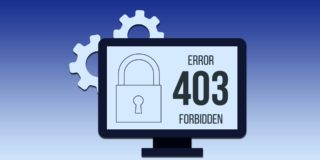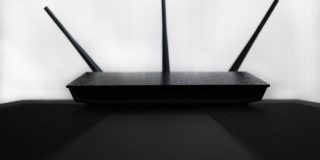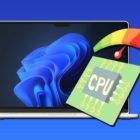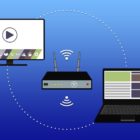How to Choose the Best VPN for Home Use

TechJunkie does a lot of work on VPNs. The direction the internet is traveling right now seems to prioritize the needs of ISPs and big business over us users, so we need to protect ourselves. Using a VPN is a prime way to do that while keeping our data and our surfing habits to ourselves. If you’re looking to secure your internet connection, this tutorial is going to show you how to choose the best VPN for home use.
Whether you want to keep your browsing data to yourself instead of allowing your ISP to collect and sell it, access geoblocked content, to use bit torrent safely or something else, a VPN is an essential tool for your continued security online.

How a VPN keeps you secure
First let’s cover how a VPN works and how it protects you while you’re online. A VPN, Virtual Private Network, creates a secure encrypted tunnel between the device it is installed on and a VPN server. This means every piece of internet traffic that leaves your device is encrypted and cannot be seen by anyone.
Once your internet traffic hits the VPN server it is decrypted and joins the internet on the other side of the server. This is a separate connection and with a no-log VPN, there is nothing to link the encrypted traffic going in with the unencrypted traffic going into the internet the other side. All returning traffic is then encrypted on the VPN server and returned to your device.
All this means is that nobody can see what you’re up to while online. This includes when you use public WiFi or even if you accidentally connect to a fake WiFi hotspot. The hacker can see your internet traffic but as it’s encrypted, can do nothing with it.
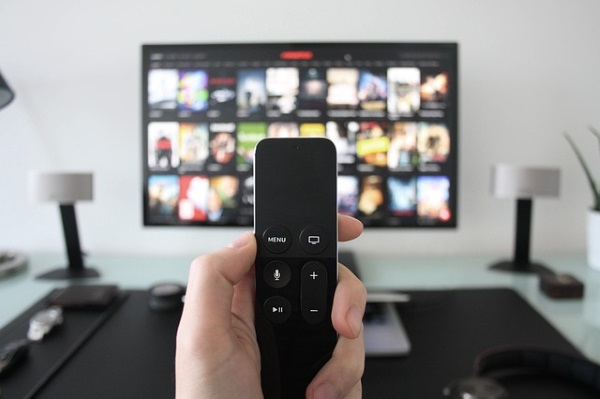
The best VPN for home use
Choosing the best VPN for home use depends on what you want to do with it. If you just want to keep your internet habits private, most no-log VPNs that offer 256-bit encryption will do that. If you want to circumvent geoblocking, like accessing American Netflix from somewhere else, some VPN providers specialize in that. If you want to safely use bit torrent or other P2P protocol, some VPN services throttle traffic while others do not.
Here are some features to look out for when choosing a VPN:
Encryption
Encryption is the method of securing your internet traffic. Essentially, encryption uses an established cipher to encrypt all your traffic. The cipher requires a special key to unlock that is only available to you as a VPN customer. If your VPN uses 256-bit encryption it would take a supercomputer many years to crack so is regarded as very secure. Some VPNs still offer 128-bit encryption which is not as strong. 256-bit is the minimum you should go for.
Logging
A no-log VPN does not keep any logs of anything you do while using the service. That means no connection logs telling someone when you connected and what you did. No traffic logs to show what you accessed or downloaded and nothing to link the encrypted side of the VPN to the unencrypted side. Even if you have nothing to hide, using a no-log VPN is an extra safety measure that is well worth having.
Server locations
You will often see ‘5000 servers in 60 locations across 40 countries’ in VPN marketing. This is useful when choosing your provider. The more VPN servers a service has, the faster your traffic should be as the load will be shared. The more locations available, the more options you have for circumventing geo-blocks like accessing Netflix or BBC iPlayer outside their home countries.
Protocol support
While it may sound complicated, the protocol a VPN supports will influence how secure it is. Most will support PTPP, but that is weak and outdated. L2TP/IPSEC sounds cool but is limited in its support and compatibility. The one you should go for is OpenVPN. It is the current leader in protocols and supports the most devices and operating systems.
App support
Most VPN providers offer their own client app alongside Android and iOS apps and browser extensions. I suggest using the client apps for laptops and desktops and the mobile app for your mobile devices. Browser extensions are fine but will only protect browser traffic. Anything you do outside of your browser will not be protected. Use the client or mobile app and all traffic leaving your device will be encrypted.
Concurrent connections
Finally, the number of concurrent connections may influence your decision. This just means how many devices you can connect to your VPN at once. If you’re just buying for yourself it is less of an issue. If you want to protect your entire family it may influence who you choose. Some providers limit you to 2 or 3 connections while others offer 10, 12 or unlimited concurrent connections. Make sure you know which you’re buying.
Selecting a VPN for home use is very straightforward once you know what to look for. If you need any information on VPNs, TechJunkie has a bunch of content that will see you right!




